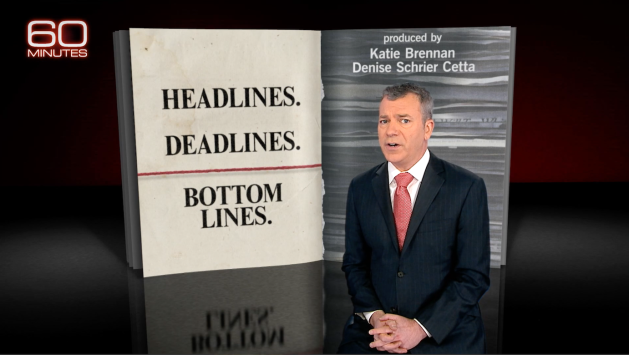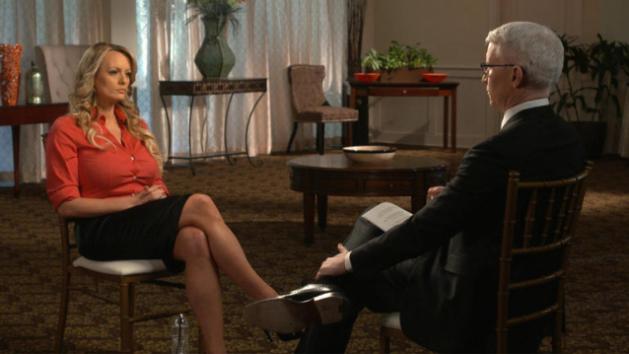Happy Easter, everyone! We attended the vigil service at our church early this morning, so I’m only now getting my bearings. We’ll have a family dinner later today, but otherwise things will be pretty quiet.
Right now I’d like to catch up in a piece of overdue media-critic business. Last week “60 Minutes” profiled Marjorie Taylor Greene, the extremist congresswoman from Georgia who was stripped of her committee assignments under the previous Democratic leadership after urging that the then-speaker, Nancy Pelosi, be executed for “treason,” and who is now a confidant of Pelosi’s successor, the loathsome, spineless Kevin McCarthy.
“60 Minutes” took a lot of criticism for providing someone like Greene with a platform. I did not watch it at the time but decided instead to watch it with my graduate ethics students on Wednesday evening. I want to see if their reactions and mine were the same.
I think most of us came away with the view that interviewer Lesley Stahl did an OK job of holding Greene to account. Stahl wasn’t as bad as some of her critics had claimed, although she wasn’t great. I’d give her a “B.” Stahl took a lot of heat for rolling her eyes and responding “Wow. OK.” when Greene doubled down on her horrific libel that Democrats promote pedophilia, but I thought her understated contempt was fairly effective. I also liked the use of Greene’s tweets to show that she was lying when she denied having said things that Stahl cited. Naturally, Greene threw her staff under the bus by claiming someone else wrote the tweets.
On the other hand, Stahl let Greene deny that she’s a QAnon adherent, even though the Democrats-are-pedophiles lie is a key part of QAnon ideology. Stahl also betrayed her establishment bias by asking Greene why she wouldn’t agree to some sort of compromise over the debt ceiling. “The two sides have to come together and hammer it out,” Stahl said. No. What she should have said was that the debt ceiling is a phony issue, and that Greene and other Republicans are refusing to approve borrowing to cover spending that was approved by Congress and has already taken place. What Greene and her ilk are engaged in is hostage-taking, and Stahl should have pointed that out.
Stahl also failed to challenge Greene when she whined that she has been falsely described as a racist and an antisemite. She is, in fact, both, and let’s not forget that she once went so far as to blame the California wildfires on Jewish space lasers.
The real problem with the piece, though, was the framing. Some of my students were put off by scenes of Greene mingling with enthusiastic supporters back in her district, where she’s very popular. I didn’t like the friendly stroll around Greene’s estate.
Greene has emerged as a powerful and influential government official as well as a malignant force in American society. She was eminently worthy of a story by “60 Minutes,” but she shouldn’t have been treated to a profile, even one as semi-tough as the one presided over by Stahl. Instead, it should have been a no-holds-barred look at a dangerous figure in U.S. politics. Greene would have been invited for an interview, but her participation would not have been necessary.
What “60 Minutes” and Stahl gave us wasn’t terrible, but they blew an opportunity to give us something much better.




